برنامه غذایی
برنامه رژیمی
مقاله
عضویت
Dr.Elahe Naseri
درباره ما
About
دکتر الهه ناصری
متخصص تغذیه و رژیم درمانی
شماره نظام پذشکی : ۰۱۲۷۷۳۳۰۰۸۴۵

ارائه برنامه رژیمی

ارائه برنامه ورزشی
فست فود
یا ، ارگانیک
تغذیه نقش کلیدی در سلامت و پیشگیری از بیماریها دارد. یک رژیم غذایی متعادل، انرژی لازم، رشد سلولی و تقویت سیستم ایمنی را فراهم میکند. عادات غذایی سالم خطر بیماریهایی مانند دیابت، بیماریهای قلبی و پوکی استخوان را کاهش میدهد.
در پزشکی، تغذیه برای درمان بیماریها، حمایت از بیماران بستری و مدیریت وزن استفاده میشود. با پیشرفتهای علمی، تغذیه شخصیسازیشده و مکملهای نوین به بهبود سلامت کمک میکنند. رعایت تغذیه صحیح یکی از بهترین راهها برای حفظ سلامت و افزایش طول عمر است.
ChatGPT said:
Nutrition and Medicine: The Role of Diet in Health and Disease
Introduction
Nutrition plays a fundamental role in medicine, as it directly impacts human health, disease prevention, and overall well-being. A balanced diet provides essential nutrients that support bodily functions, enhance immunity, and reduce the risk of chronic diseases. In modern medicine, the connection between nutrition and disease management has gained significant attention, emphasizing the importance of a healthy lifestyle in medical treatment.
The Importance of Nutrition in Health
A well-balanced diet consists of macronutrients (carbohydrates, proteins, and fats) and micronutrients (vitamins and minerals). These nutrients contribute to various physiological functions, including:
Energy Production: Carbohydrates and fats serve as the primary energy sources for the body.
Cell Growth and Repair: Proteins play a crucial role in tissue regeneration and muscle development.
Immune System Support: Vitamins such as C, D, and E, along with minerals like zinc and iron, help strengthen the immune response.
Consuming a diverse range of foods ensures the body receives the necessary nutrients to maintain optimal health.
Nutrition and Disease Prevention
Poor dietary habits are a leading cause of chronic diseases, including obesity, diabetes, cardiovascular diseases, and certain cancers. Some key dietary factors associated with disease prevention include:
Heart Health: A diet rich in omega-3 fatty acids, fiber, and antioxidants reduces the risk of heart disease.
Diabetes Management: Controlling sugar intake and consuming whole grains help regulate blood sugar levels.
Bone Health: Calcium and vitamin D intake prevent osteoporosis and maintain strong bones.
Medical Applications of Nutrition
In the field of medicine, nutrition is used as a therapeutic tool to manage and treat various conditions:
Medical Nutrition Therapy (MNT): Used for conditions like diabetes, kidney disease, and gastrointestinal disorders.
Nutritional Support in Hospitals: Patients recovering from surgeries or suffering from malnutrition receive specialized diets, such as enteral or parenteral nutrition.
Weight Management Programs: Dietary interventions help combat obesity, reducing the risk of related complications.
The Future of Nutrition in Medicine
With advancements in research, personalized nutrition is becoming a significant aspect of healthcare. Genetic testing and AI-driven nutritional plans help tailor diets to individual needs, improving health outcomes. Additionally, functional foods and supplements are being developed to enhance disease prevention and overall wellness.
Conclusion
Nutrition and medicine are deeply interconnected, emphasizing the necessity of a healthy diet for disease prevention and treatment. As medical science evolves, the role of nutrition in healthcare will continue to expand, offering innovative solutions for managing health conditions through dietary modifications. Adopting a balanced and nutrient-rich diet is one of the most effective ways to maintain long-term health and well-being.











تعدادی از مشتریان محترم هلدینگ هنر تهران در زمینه های طراحی - چاپ - دکور - تبلیغات محیطی - فضای مجازی و اینترنت / برای بیش از ۱۵ سال خدمت به شما مفتخریم





